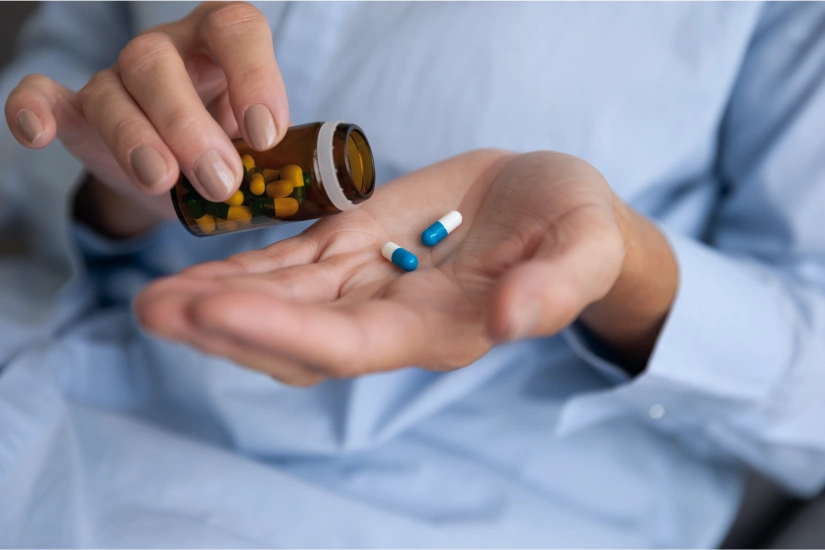24/7 Helpline:
(866) 899-221924/7 Helpline:
(866) 899-2219
Learn more about 90-day Rehab Program centers in Saline County

Other Insurance Options

United Health Care

BlueShield

MHNNet Behavioral Health

Health Net

CareFirst

AllWell

Self-pay options

CareSource

Ambetter

Magellan Health

Optima

Meritain

Carleon

Premera

PHCS Network

Optum

Excellus

Highmark

Molina Healthcare

Cigna

Ashby House
Ashby House is a private rehab located in Salina, Kansas. Ashby House specializes in the treatment o...

Veridian Behavioral Health
Veridian Behavioral Health is a private, traditional rehab located in Salina, KS. Veridian Behaviora...





















Innovative Solutions Addiction Treatment Center
Innovative Solutions Addiction Treatment Center is a private rehab located in Salina, Kansas. Innova...

Central Kansas Foundation
Central Kansas Foundation is a non-profit organization that provides quality and affordable alcohol ...

























































































































